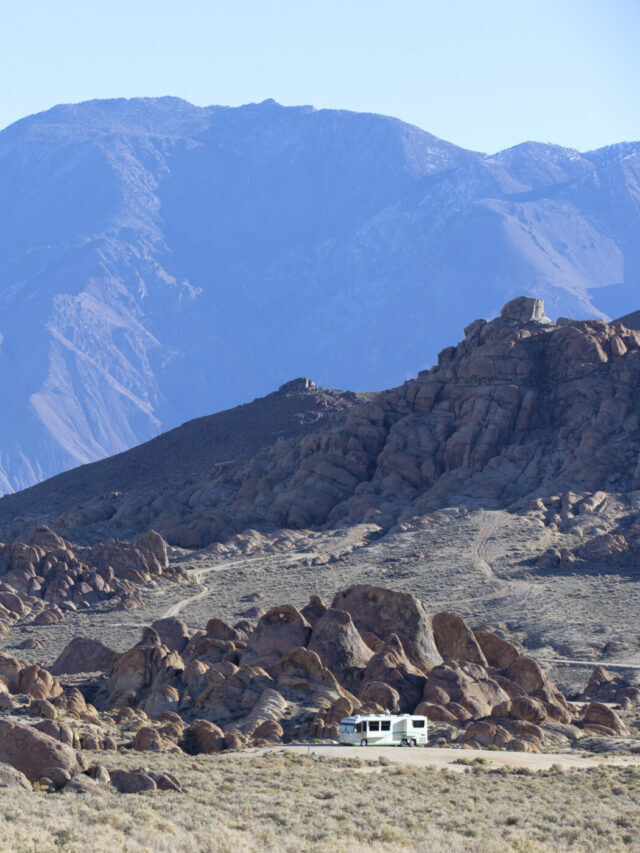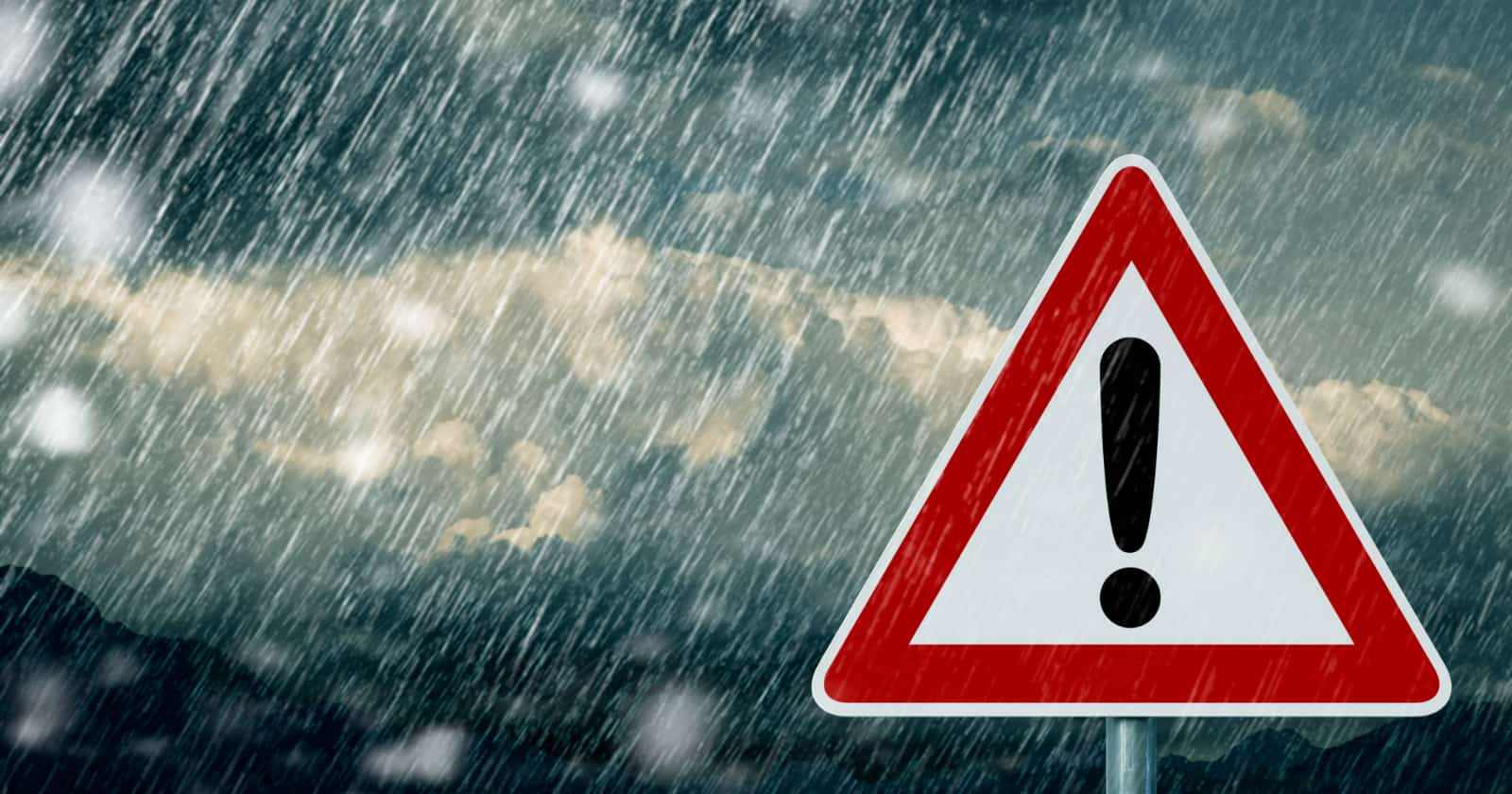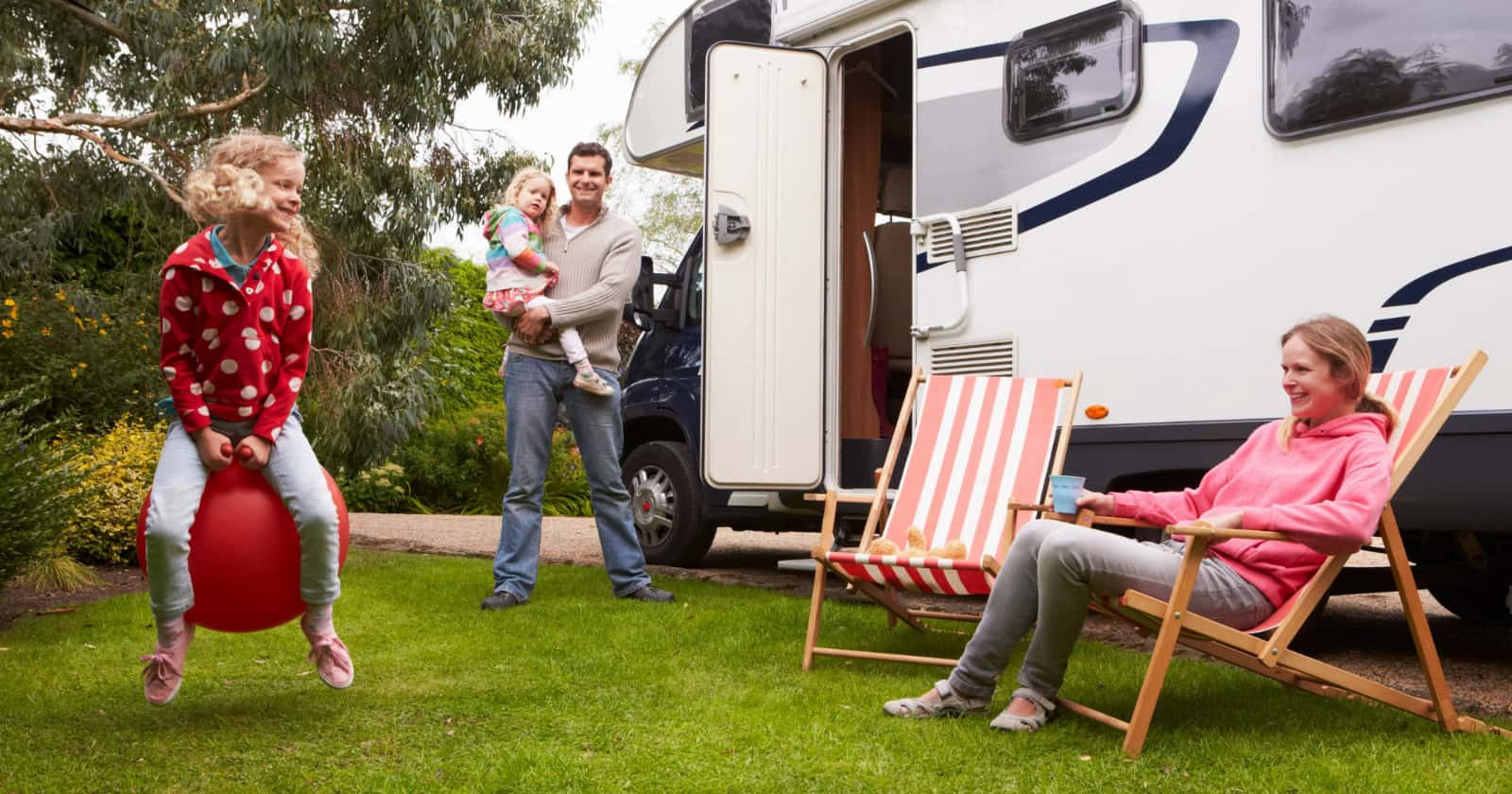
Be Aware Of These Common Dry Camping Rules
Dry camping simply means camping without connecting to power, water, or sewer. While the terms “boondocking” and “dry camping” are often used interchangeably, they can have slightly different meanings.
Boondocking usually refers to camping without hookups away from developed areas. Dry camping typically means camping pretty much anywhere you can park your rig but with no hookups. Dry camping is done at rustic campgrounds but also includes big-box store parking lots, truck stops, Harvest Host locations, and rest areas. Of course, there are some dry camping rules you’ll want to know before you set up camp.
1. Be prepared
Dry camping lets you use your RV the way it was meant to be used: as a self-contained home on wheels. You’ll be able to use your own power or propane to enjoy modern conveniences like hot water and appliances. Your tanks will provide you with water and the ability to use your RV’s bathroom facilities. However, you’ll usually be a fair distance from medical services. You might not even have a strong enough cell signal to get help if you need it.
Before you set out to dry camp, have basic knowledge of first aid and CPR training. A CPR course takes just a few hours and could save a life, especially when you are far away from a hospital. You should also know how to fix basic things on your RV, enough to get you going if something breaks.
National RV Training Academy (NRVTA) offers a comprehensive course for RV owners that will help you be prepared for breakdowns. RV LIFE Masterclass also offers a great Boondocking 101 course that will teach you everything you need to know about dry camping.
It’s always good to be prepared for the unexpected by having a few essential things with you:
- A well-equipped first-aid kit
- Adequate fire extinguishers
- Tools and supplies to fix a tire or minor mechanical issues
- Water: It’s a good idea to bring enough water with you for drinking, cooking, bathing, brushing your teeth, doing dishes, and flushing the toilet. The amount of water you bring will depend on your own habits, but it’s a good idea to count on using about one to three gallons a day per person.
- Lots of food, including pet food
- Toilet paper
2. Find out the rules specific to the area where you are dry camping
Every state has different camping rules with regards to things like fire bans, how long you can stay, and whether or not you can dump your gray tanks on the ground where you camp. Know the rules before you go, so you don’t end up with unpleasant surprises.
3. Give other campers space
Nobody goes dry camping or boondocking because they want the feeling of having neighbors nearby. Whether you arrive at a campground or a rest area, find a spot as far away from neighbors as you can get. Avoid crowding other campers whenever possible.
4. Be a responsible pet owner
Most people will love your dog, but maybe not so much if your dog charges at them, barks all day, or raids their picnic table. Even if your dog is amazing off-leash at home, they may be less able to hear you calling while checking out a whole new environment.
Always keep your dog leashed or confined. Don’t let them bark incessantly, and always pick up after them wherever you are.
5. Camp quietly
Don’t destroy the camping experience for other people by cranking your stereo, lighting fireworks, or just being generally loud and obnoxious. Be a good camping neighbor.
6. Leave no trace
It goes without saying that you should leave absolutely nothing behind when you leave a campsite.
- Put all of your trash into a bag and take it with you to dispose of at home or in a trash receptacle.
- If you don’t have a toilet in your RV, use the available facilities. If there are no available washroom facilities, bury any waste and/or toilet paper at least six inches deep. Never, ever leave waste or toilet paper behind. Ew.
- Don’t leave trash in the firepit for the next camper or park ranger to deal with.
7. Overnighting in parking lots, truck stops, rest areas, and Harvest Host locations
Some Walmarts, Cabelas, and Cracker Barrels allow overnight parking in their parking lots. Some truck stops have areas for RVs to pull in for the night as well. You should always ask management if it’s okay to park there ahead of or upon your arrival. Be a good guest so they’ll keep welcoming the RV community.
- Always ask where your host wants you to park.
- Be careful with your slideouts. At a truck stop, a tired truck driver might not see them extended. In a rest area or at a Harvest Hosts location, your slideouts will be fine. Extend slideouts only if it’s safe to do so.
- A big-box store parking lot isn’t a campsite. Keep your awning in, and don’t set up camping chairs, a fire pit, or a barbecue outside.
- Buy merchandise from your overnight host.
See what other RVers are saying
One of the best parts about RVing is engaging with the community of traveling enthusiasts. iRV2 forums allow folks to chat with other RVers online, and get other perspectives on everything RVing, including products, destinations, RV mods, and more.
Related articles:




